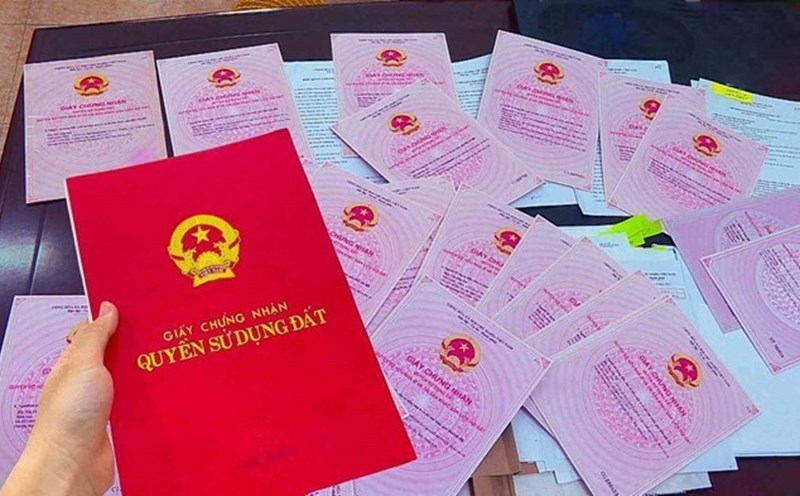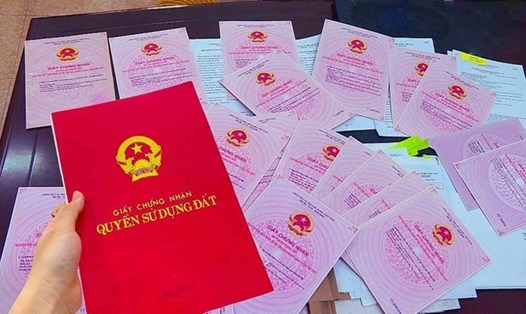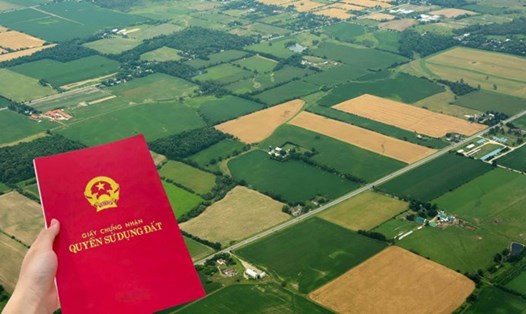Land used stably and long term
One of the prerequisites for legalizing undocumented land is that people must prove that they have used the land stably and long-term.
In the case of land that is used stably and permanently but does not have documents proving land use rights, individuals, households or has been transferred, donated or inherited by hand, without legal documents can still be granted a red book if meeting the conditions in Clauses 2 and 3, Article 138 of the 2024 Land Law:
Has used land stably for a long time and has no disputes.
Confirmed by local authorities on stable land use process, no disputes.
In this case, people need to provide evidence such as land tax receipts, invoices, handwritten sales documents or confirmation from local authorities to prove land use rights.
Land suitable for land use planning
Land without documents must be within the local land use plan. If the land is planned for public purposes, clearance or located in a prohibited area, legalization will not be carried out.
Land has related documents but not complete
Article 140 of the 2024 Land Law has relaxed the requirement that land must be allocated by the correct authority as previously prescribed. Therefore, land allocated or traded through informal forms such as handwritten contracts or direct exchanges without the intervention of competent authorities, land users can still be considered for red books, as long as the land is not in dispute and does not violate the law.
In case the land user does not have a certificate of land use rights but possesses other documents such as a handwritten contract, agreement or land handover record, these documents will be an important basis for legalization consideration. If there are no documents, people need to seek confirmation from local authorities and the community about the land use process.
Landowners must fulfill their financial obligations.
Land users must fully fulfill their financial obligations related to land. Taxes and fees to be paid include land use tax, land surveying and land records fees. Fulfilling financial obligations is not only a legal requirement but also a mandatory condition for the competent authority to consider granting a land use right certificate.
In addition to the above conditions, land without papers must not be located in prohibited areas such as protective forest land, traffic safety corridors or land violating environmental regulations. Land in dispute or in the process of handling violations will not be considered for certification.
Lawyer Tran Xuan Tien, Dong Doi Law Firm, said that legalizing land without documents is a complicated issue and requires land users to clearly understand the legal regulations. The 2024 Land Law has made new progress, opening up opportunities to own red books for households and individuals who have used land for a long time but do not have documents to prove it.
This is especially meaningful for people in rural areas where land management is not strictly controlled. With the new regulation, legalizing land use rights becomes easier, contributing to solving many social problems, from land disputes to economic development in rural areas.








